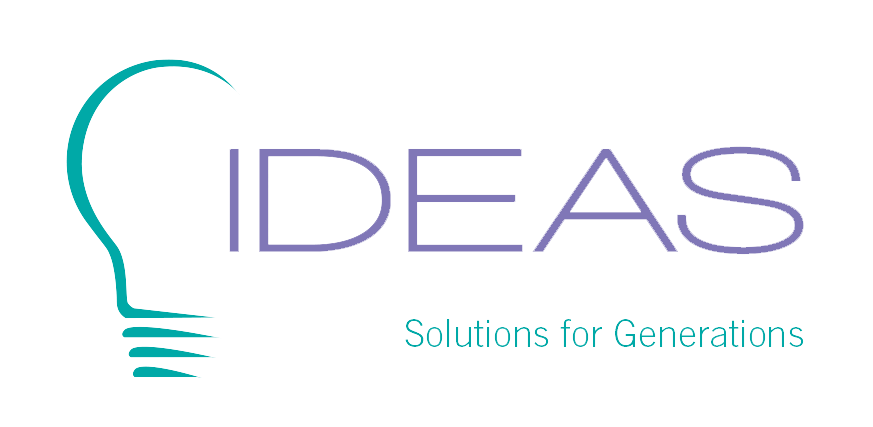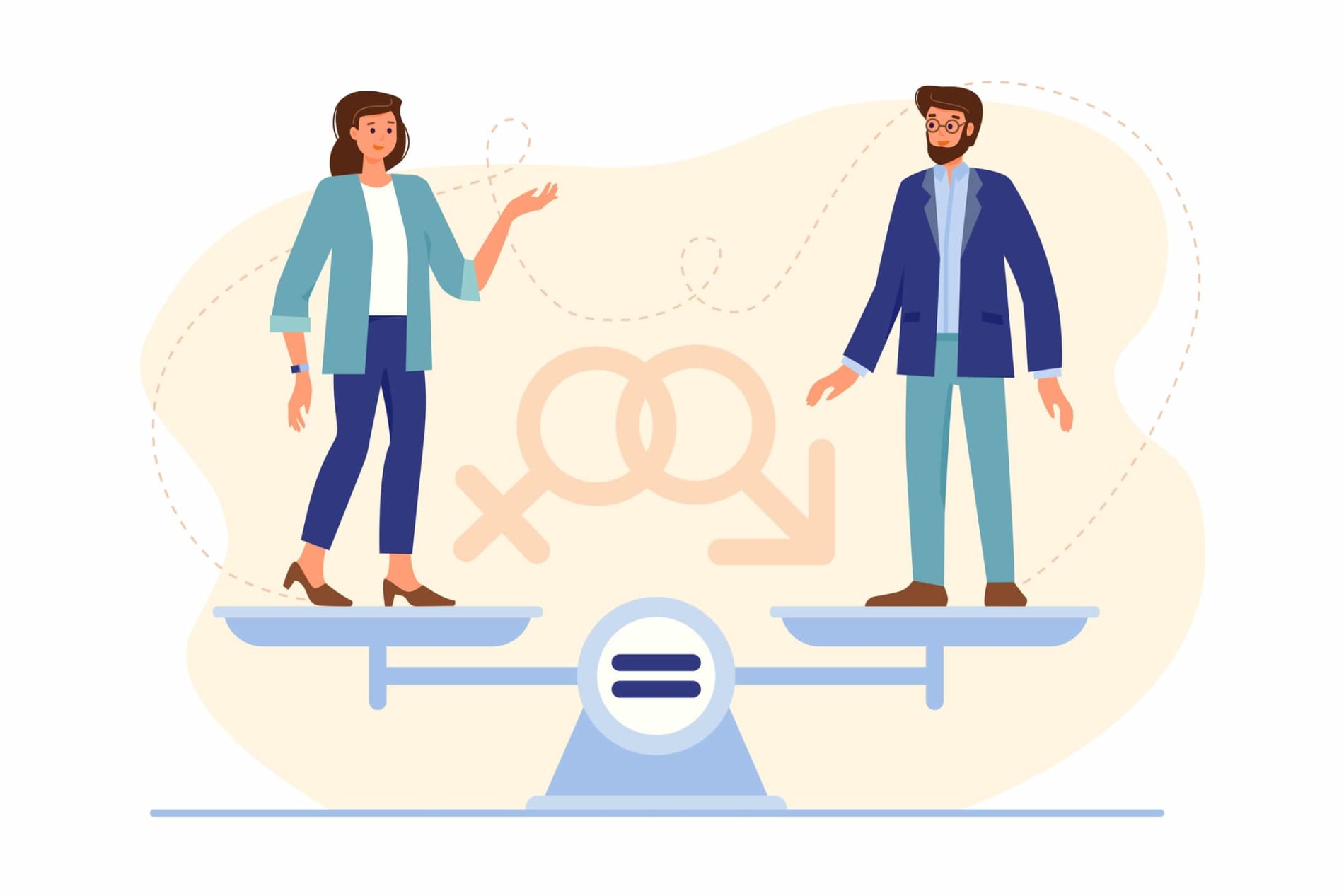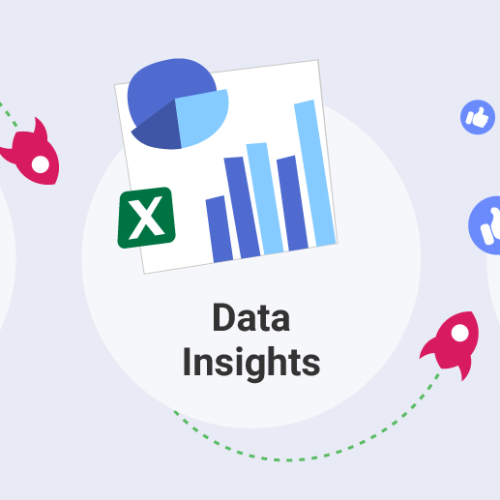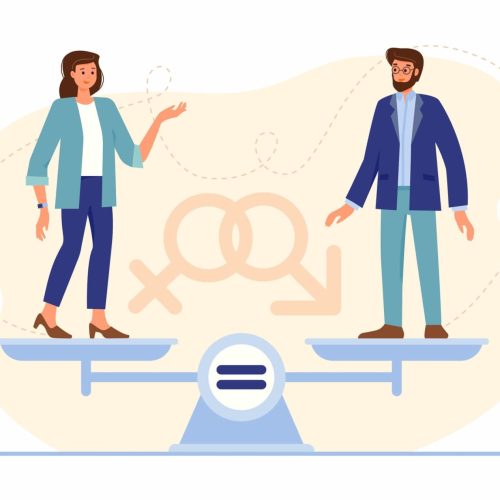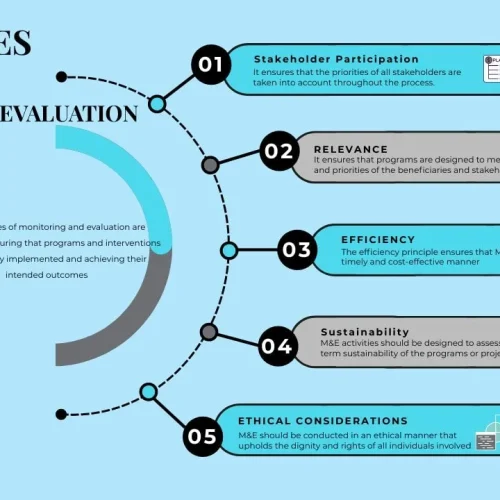Gender equity remains a cornerstone of sustainable development, and IDEAS has long championed initiatives that foster inclusion and equality across diverse sectors in Uganda and beyond. By addressing systemic inequities, empowering women and girls, and engaging men and boys as allies, IDEAS has created impactful programs that reshape communities and ensure a more equitable future.
Bridging the Gender Gap in Education
IDEAS has worked tirelessly to promote gender equity in education, especially through its focus on girls’ education and child-friendly schooling. For instance, projects like the Rainforest Alliance Uganda initiative tackled child labor issues, many of which disproportionately affected girls. By integrating mentorship and policy advocacy, IDEAS helped shape safe, inclusive educational environments, allowing girls to pursue education without fear or limitations.
Economic Empowerment and Inclusivity
Through initiatives like the Stanbic Business Incubator assessment, IDEAS enabled women entrepreneurs to thrive in the MSME sector by providing data-driven insights into barriers and opportunities. This project highlighted how inclusive economic development strategies could help bridge gender gaps in Uganda’s business landscape.
IDEAS’ SOS Children’s Villages Feasibility Study further emphasized the importance of employability and labor market integration, ensuring young women in Uganda and Rwanda had equal access to employment opportunities. By bringing a multi-stakeholder approach, IDEAS empowered communities with skills training, labor rights education, and advocacy for gender-sensitive policies.
Cross-Cutting Gender Initiatives
Gender equity requires a multi-sectoral approach, and IDEAS’ commitment to gender-responsive programming is evident in its cross-cutting strategies. The UNFPA WAY program evaluation served as a critical reflection of how reproductive health and adolescent empowerment intersect with gender equity. IDEAS also led baseline evaluations such as the NUDIPU Gender and Disability Inclusion study, ensuring that even marginalized women were part of the dialogue and action for systemic change.
Challenges and Opportunities
IDEAS’ vast experience in gender equity projects highlights both challenges and opportunities. Cultural norms and systemic barriers often present obstacles, but IDEAS’ grassroots approach—working closely with civil society and leveraging partnerships like those with UNICEF and Mastercard Foundation—has proved transformative. For example, the Empower Youth through Data Community Development program directly addressed gender disparities by equipping young women with skills and pathways to employment.
The Road Ahead
IDEAS envisions a future where gender equity is no longer an aspiration but a reality. By continuously integrating data-driven solutions, evidence-based programming, and inclusive practices, IDEAS is setting a precedent for others to follow. Its expansive network of partners and projects, from grassroots organizations to international agencies, underscores the importance of collaboration in achieving gender equity.
As communities and stakeholders align with global gender equity goals, IDEAS stands firm as a beacon of innovation and impact, illustrating that with the right strategies and dedication, systemic inequities can indeed be dismantled—one sector, one community, one life at a time.


